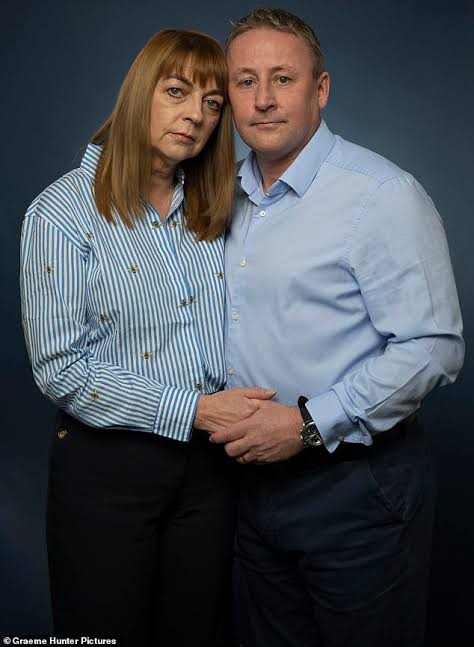Take Katie Allan — one day a high-achieving university student, in the third year of a geography degree, working two part-time jobs to support herself, using her weekends to help her grandparents around their home, looking for ways to make things better for those less fortunate than herself.
How it all started
Then one evening she went to a party; not a raucous university affair, a party with colleagues from the café where she worked in Glasgow.
She never intended to drive that night; in fact, she left her car at the café while she went to the pub and enjoyed four pints of cider.
But later that evening she had to return to the café to get the keys to her flat and when the business owner’s daughter asked for a lift home, Katie, who was four times over the legal limit, recklessly agreed.

A split-second decision. But the impact of that moment one summer’s evening in August 2017 is something that will strike at the core of every parent watching their child navigate adulthood.
She knocked him down
For that night Katie knocked down and injured a 15-year-old boy, a youngster the same age as her own brother Scott, who was out running.
Thankfully the boy, who suffered a broken ankle and fractured eye socket, recovered, but the accident was to precipitate a devastating chain of events that would culminate in tragedy ten months later, when Katie took her own life while in custody at Polmont Young Offenders’ Institution.
Katie’s death and the three months she spent behind bars are now the subject of scrutiny at a Fatal Accident Inquiry at Falkirk Sheriff Court, along with the unrelated death of another inmate, William Brown, 16, also known as William Lindsay, four months later.
Who should be held accountable?
Five and half years on from her death, Katie’s parents, Stuart and Linda Allan, a hard-working, middle-class couple who never imagined they would end up here, are battling for the Scottish Prison Service to be held accountable not just for what happened to their daughter during her incarceration, but to be held accountable for all young people in detention.
As Linda said this week, Katie, who turned 21 behind bars, was ‘a fish out of water’ at Polmont.
Her love of books, her resolutely good manners, the endless stream of visitors, all set her apart and made her the target of bullies.
How she was broken
‘Go hang yourself Katie, give us all peace’, was one cruel exhortation, which is just what the broken young woman did.
Duty of prison service
Yes, the prison service had a duty to punish their daughter, they say. But it also had a duty to protect her.
Linda, a former Scottish government advisor and an honorary clinical associate professor at Glasgow University, and Stuart, a sales reporting manager, are intelligent, reasonable people.
They know their daughter deserved to be punished for a reckless moment that could have been far worse. Nobody is more keenly aware than them that it should not have ended thus.

